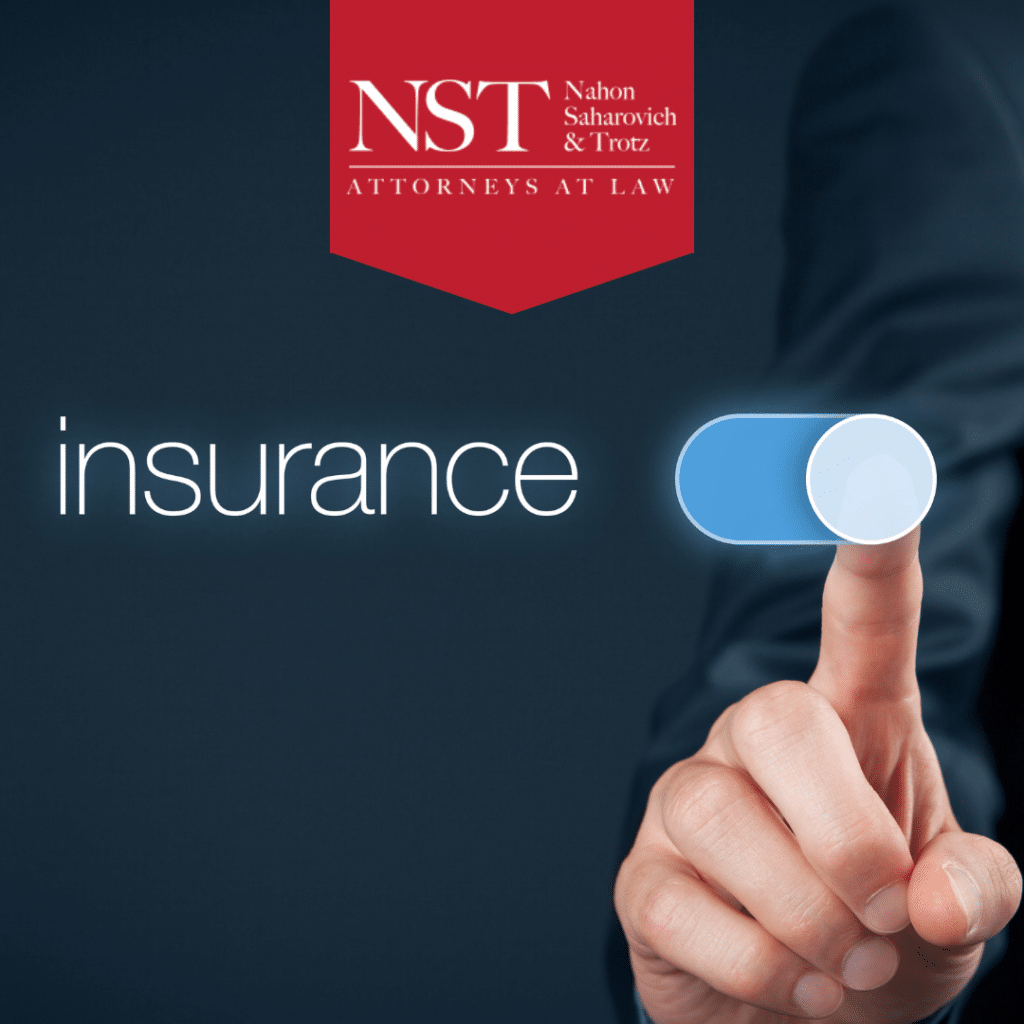One of your first thoughts after being involved in an accident may be to contact an insurance company. After all, they are supposed to help you when you need it most, right? While you have a contractual obligation to report the accident to your own insurance company, you do not need to speak with the other party’s insurer at all. Speaking with insurers before you contact a lawyer can seriously undermine your right to compensation.
Our skilled team of personal injury lawyers are ready to help you deal with insurers eager to deny your claim. Call (901) 589-5168 or reach out online to schedule a free consultation today.
- It is in your best interests to contact a personal injury lawyer before speaking with an insurance adjuster.
- Insurance companies are not on your side and may try to use any information you provide against you.
- Speaking to the insurance company without a lawyer can decrease your chance of receiving fair compensation.
- After an accident, you must report it to your own insurance company, but you can decline to speak with the other party’s insurer until you have consulted with a lawyer.
What Are the Implications of Speaking With Insurance Companies?
Insurance companies are for-profit businesses with one priority: their bottom line. Though they may be contractually obligated to provide coverage for accidents, paying you fair compensation does not align with their own interests. As a result, anything you say or do when interacting with insurance adjusters can be used against you to reduce your compensation or deny your claim altogether.
Emotions run high after an accident, making this a particularly dangerous time to converse with insurance adjusters. The adrenaline and shock can cloud your judgment, leading you to say things that may not reflect the full circumstances of the situation. Having a clear head and legal guidance is necessary before talking to insurance companies. Our attorneys can protect your rights and interests when interacting with insurers.
“NST helped me out when no other law firm would. I was in a car accident where another driver was at fault. While I didn’t suffer any significant physical injuries, my dog died from the accident and my car [was] deemed a total loss. As a result, my mental health suffered severely from grief, trauma, and depression. Once NST took my case, I never felt alone in dealing with the aftermath. They gave me updates about my case regularly and even just checked in on how I was doing in general, particularly with my mental health and progress with therapy. They made me feel cared for and were empathetic. The other law firms I reached out to told me they wouldn’t take my case and that I should just take the initial settlement offer from the other driver’s insurance. NST never hesitated to take my case, was consistently available to me throughout the process, and negotiated a settlement offer four times more than what the insurance company initially offered. I can’t express my gratitude enough for NST. I appreciate everything they did for me.” – Juan Ortega
Understanding the Different Insurance Companies
Your car accident case will likely involve two insurance companies: your own and the other driver’s. Interacting with either company requires a strategic approach, so it’s important to know what to do going in.
Your insurance company is the one you sign a policy with and pay premiums to. When you get into an accident, your insurer covers the other driver’s damages under your liability coverage if you are partially at fault.
However, if the other driver is at fault, their insurance company is responsible for covering your damages instead. Their liability insurance policy limits will determine the maximum amount of compensation they can offer you. If your damages exceed the other driver’s liability policy limits—or if the other driver was uninsured—your own uninsured motorist coverage may help cover the remaining costs.
Generally, you are required to report the accident to your insurer within a certain time frame. You must also cooperate with their investigation by providing basic information about the accident. It is wise to have an attorney participate.
However, you are not legally obligated to communicate with the other driver’s insurance company at all. You can decline to speak with them and direct any communication from them to your attorney.
Risks of Speaking Directly to Insurers
Like most people, you probably have minimal experience interacting with insurance companies, so you’re likely unfamiliar with their tactics for minimizing payouts. Insurance adjusters may seem innocent or even helpful at first, but speaking openly with them can seriously harm your case.
Additionally, without a legal background, you may not be aware of your full rights and options. Insurers may inform you of all your coverage options, and they will try to take advantage of your lack of knowledge.
This is more than a mere inconvenience—it can significantly affect your financial situation and quality of life. Your compensation may ultimately determine whether you can afford necessary medical treatment or make up for lost wages.
In most cases, you cannot renegotiate a settlement once you have accepted an offer from the insurance company. And once you say something to an adjuster, there’s no taking it back. A single misstep or misunderstanding could mean the difference between receiving fair compensation and struggling to make ends meet. Insurance negotiation with the help of experienced legal counsel can result in significantly more compensation.
Real Case Examples
Our firm has a long history of securing high-value settlements and verdicts on behalf of our clients, including in hundreds of cases involving car accidents. Here are a few examples of cases where insurers tried to deny full and fair compensation:
- $230,000 Verdict After Insurer Made an Unfair Offer – Our client was involved in a wreck in which she sustained connective tissue injuries in her back and neck. The insurance company denied her injuries, alleging they were fake and exaggerated. Before the trial, the insurer offered an unreasonably low settlement, so we took the case to trial. The legal team at NST hired experts to demonstrate in court that our client was seriously injured in the accident and lost income as a result. The Shelby County jury awarded $230,000—nearly ten times the amount offered.
- $178,463 Verdict After Insurer Denied UM Coverage to a Pedestrian Accident Victim – Another client suffered serious injuries in a pedestrian accident. The at-fault party was uninsured, so we made a claim through our client’s uninsured motorist policy. The insurer denied liability and tried to pin the blame on our client. Though the facts of the case were extremely disputed, NST trial attorney Derek O. Fairchilds sued. Even after depositions, the insurer refused to make a fair offer. Derek tried the case before a jury and secured a $178,463.16 verdict for our client.
What to Expect From Insurance Companies
Understanding insurance company tactics is crucial when handling a personal injury case. Here’s what you can expect from the other driver’s insurer and your own.
What To Expect From the Other Driver's Insurance Company
After the other driver reports the accident to their insurance company, an adjuster may attempt to contact you. This could happen even if you have not yet filed a claim. The adjuster may ask for details about the accident and your injuries, such as:
- When, where, and how the accident happened
- The injuries you sustained
- What type of medical treatment you’ve received
- Whether you have any pre-existing injuries or conditions
- Whether you’ve missed any work due to your injuries
The insurance adjuster may also request you sign a medical release form or provide a recorded statement. You do not have a legal obligation to agree and should politely decline. The adjuster may use any information you provide to downplay the severity of your injuries or argue that they resulted from a preexisting condition rather than the accident. Consult a lawyer before signing documents, agreeing to a recorded statement, or answering questions.
You may also receive an early settlement offer from the other driver’s insurance company. The insurance adjuster may pressure you to accept the offer by saying it is a time-sensitive opportunity or that it is the best they can do. This can be a tactic to get you to settle for less than what your claim is worth. Initial offers from insurers are generally lower than the full value of your damages, especially when you are still receiving medical treatment. Only accept a settlement offer after consulting a lawyer who can help you determine your case’s true value and negotiate for fair compensation.
What To Expect From Your Own Insurance Company
Similarly to the other driver’s insurer, your own insurance company will ask for information and documentation. Remember that even though you pay premiums to your insurance company, their interests may not align with yours. Your insurance company essentially steps into the shoes of the uninsured or underinsured driver. Just like the other driver’s insurance company, your insurer may use any information you provide to argue against compensating you or reduce the amount it pays for your injuries and damages.
Cooperate with your insurance company, but be mindful of tactics to limit or deny your claim. You must answer certain questions, such as when and where the accident occurred, who was involved, and the extent of your injuries and damages. If the insurance adjuster tries to pressure you into giving a recorded statement, you may inform them that you will speak with your lawyer first.
When To Talk to a Personal Injury Attorney
If you have been injured in an accident, it is always best to consult a personal injury attorney before speaking with any insurance company, even your own. Contacting an attorney is particularly important if you are still determining who caused the accident or the extent of your injuries. An attorney’s help can also be especially beneficial if the insurance company makes a lowball settlement offer, denies your claim, or appears to be stalling or delaying the process.
Our personal injury attorneys handle a wide range of cases involving negligence or wrongdoing, including:
- Motor vehicle accidents – This includes car accidents, truck accidents, motorcycle accidents, bus accidents, pedestrian accidents, and bicycle accidents. Our attorneys can help you determine who is at fault and seek compensation from the responsible party’s insurance company.
- Workplace accidents – From construction accidents to slips and falls, an attorney can help you navigate the complexities of workers’ compensation claims and third-party lawsuits.
- Premises liability – If you were injured on someone else’s property due to hazardous conditions, our personal injury attorneys can help you pursue a premises liability lawsuit against the property owner.
- Product liability – Defective and dangerous products, such as prescription drugs, medical devices, and consumer products, can lead to serious injuries. Manufacturers, distributors, and retailers may take on product liability for your injuries.
- Medical malpractice – If you suffered harm due to a healthcare professional’s negligence, you may have a viable case. Our experienced medical malpractice attorneys can help you secure the compensation you deserve.
- Wrongful death – If a loved one dies due to someone else’s negligence, our wrongful death lawyers can help you pursue justice, accountability, and compensation from the at-fault party.
Contact Our Personal Injury Attorneys Today
When dealing with the aftermath of a personal injury, dealing with insurers is probably the last thing you want to do. Negotiating with adjusters eager to deny your claim is also fraught with risk. Let our experienced Memphis personal injury attorneys handle communications with insurers while you focus on your recovery.
We are passionate about helping our clients and serving the community throughout Tennessee and beyond. If you or a loved one were injured in an accident at little to no fault of your own, call 800-529-4004 or reach out online to schedule a free consultation.
 Skip to content
Skip to content


